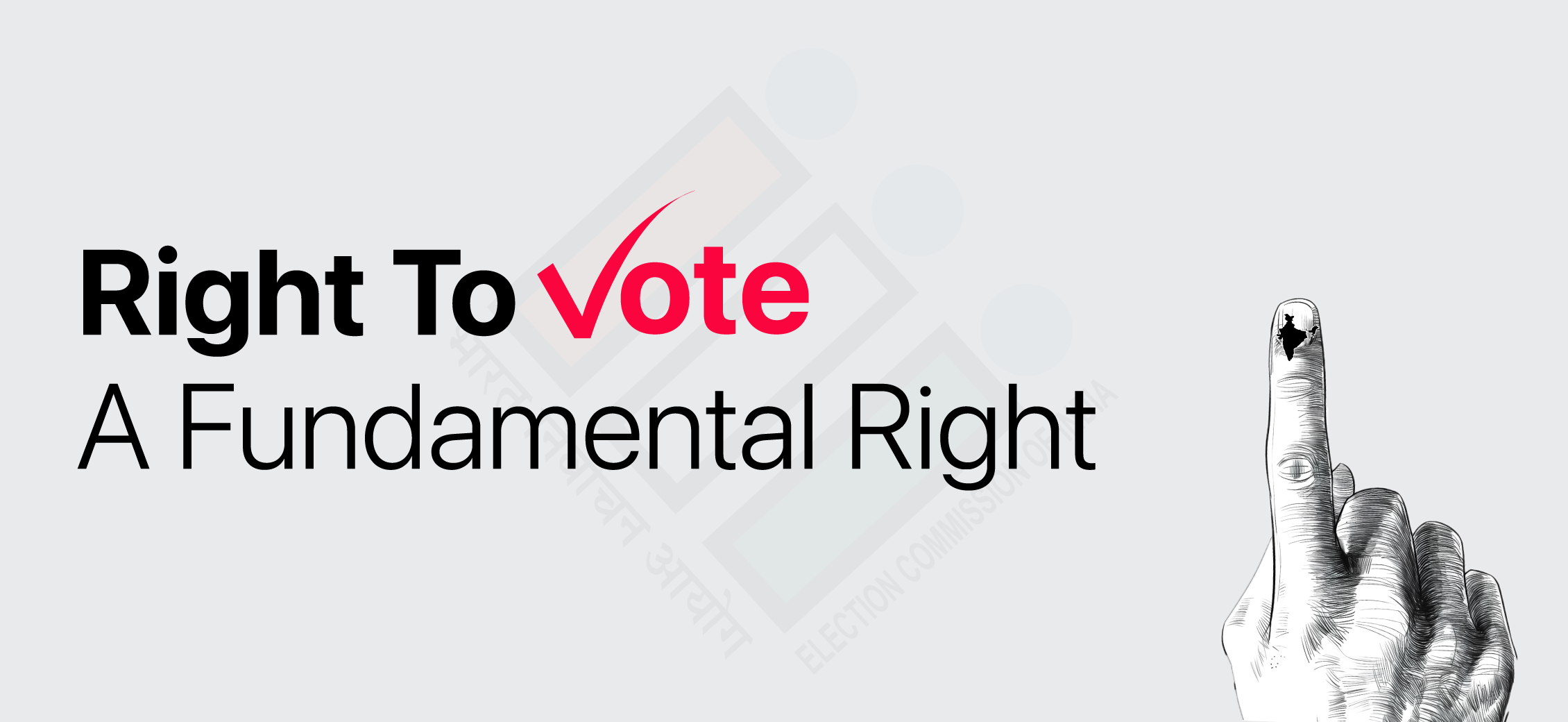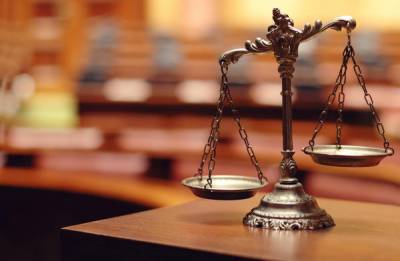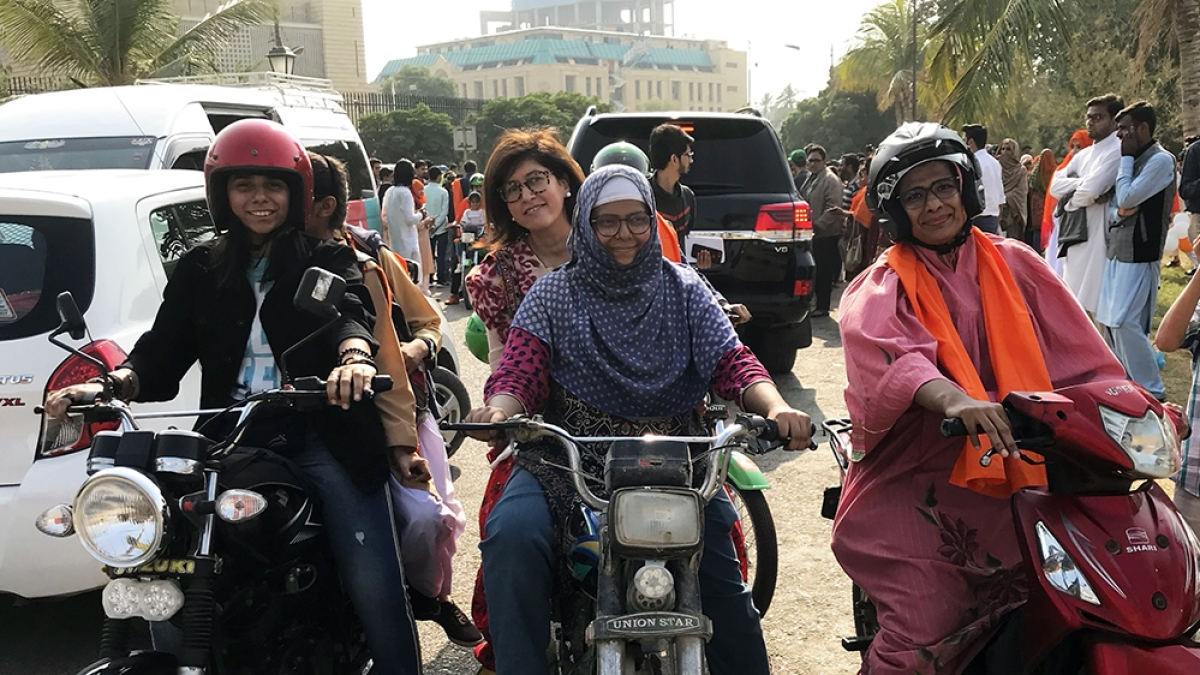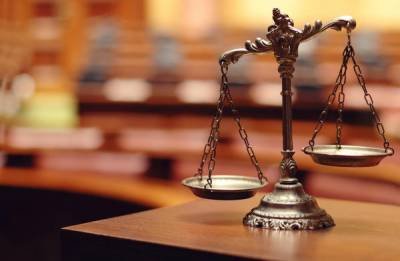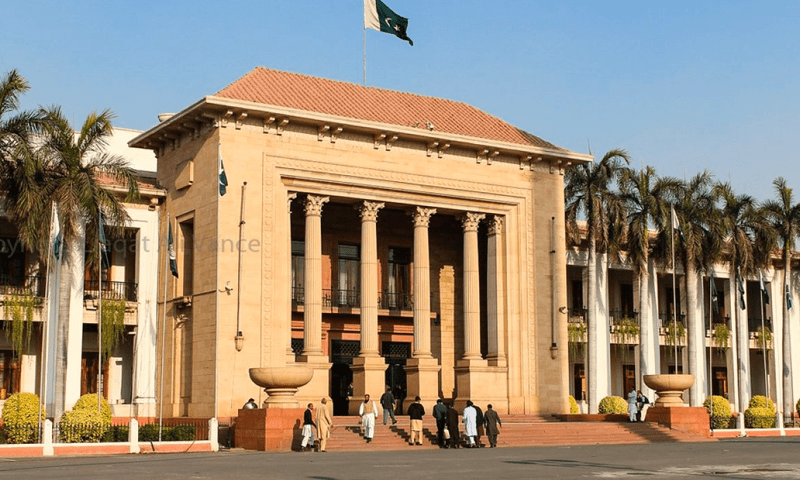Editorial
Voting rights for marginalized communities are essential for free and transparent elections vital to democracy. Marginalized communities are those that face discrimination, exclusion, or oppression based on their identity, such as race, ethnicity, gender, religion, disability, or sexual orientation. These communities often have less access to political participation, representation, and influence than the dominant groups in society. Therefore, ensuring their voting rights is a way of empowering them to have a voice in the decisions that affect their lives and interests.
Free and transparent elections are those that allow the people to choose their representatives and leaders in a fair and open manner, without any interference, manipulation, or coercion from the state or other actors. Free and transparent elections require that all eligible citizens have the right and opportunity to register, vote, and run for office and that their votes are counted and respected. Free and transparent elections also depend on the freedom of expression, association, and information, as well as the independence and impartiality of the electoral authorities and the judiciary.
Democracy is a system of government that is based on the principle of popular sovereignty, which means that the people are the ultimate source of authority and legitimacy. Democracy requires that the people have the power to elect and hold their representatives and leaders accountable and to participate in the formulation and implementation of public policies. Democracy also entails respect for human rights, the rule of law, and the separation of powers, as well as the protection of minorities and the promotion of pluralism and diversity.
Please, subscribe to the website of the republicpolicy.com
Voting rights for marginalized communities are essential for free and transparent elections because they ensure that the elections reflect the true will and preferences of the people and not just the interests of the dominant groups. Voting rights for marginalized communities also enhance the quality and legitimacy of democracy, as they increase the representation and inclusion of diverse voices and perspectives in the political system. Voting rights for marginalized communities also foster social justice and equality, as they enable the people to demand and access their rights and resources and to challenge and change the structures and systems that oppress and marginalize them.
Therefore, democracy in Pakistan must ensure the voting rights of the marginalized communities in Pakistan. The women, the laborers, the farmers, the artisans and all those groups who are marginalized should be allowed to cast votes independently and freely.
Please, subscribe to the monthly magazines of republicpolicy.com



